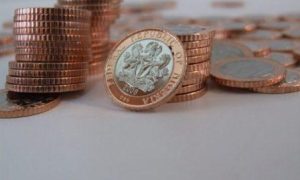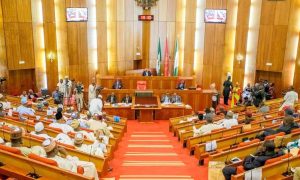Nigeria’s foreign exchange market has recorded a noticeable recovery in recent months, with new data showing that the reforms introduced by the Central Bank of Nigeria have begun to influence investor sentiment.
Figures from the FMDQ Exchange show that total inflows into the Nigerian Foreign Exchange Market rose to $5.15bn in October from $3.18bn in September.
The rise represents a 62.2 per cent month-on-month increase and is the highest level in five months. The shift follows a deliberate attempt by the CBN under Governor Olayemi Cardoso to restore credibility to a market long held back by distortions.
Since assuming office in September 2023, the apex bank has sought to clear a foreign-exchange backlog estimated at over $7bn, unify the various exchange-rate windows, and end opaque interventions that have created uncertainty for investors.
Multilateral institutions such as the World Bank and the International Monetary Fund have described the steps as necessary for rebuilding confidence in the broader economy.
For years, foreign and local investors grappled with limited FX liquidity, repatriation hurdles, and inconsistent policy direction. The recent improvements suggest that investors are reassessing Nigeria’s risk profile.



























